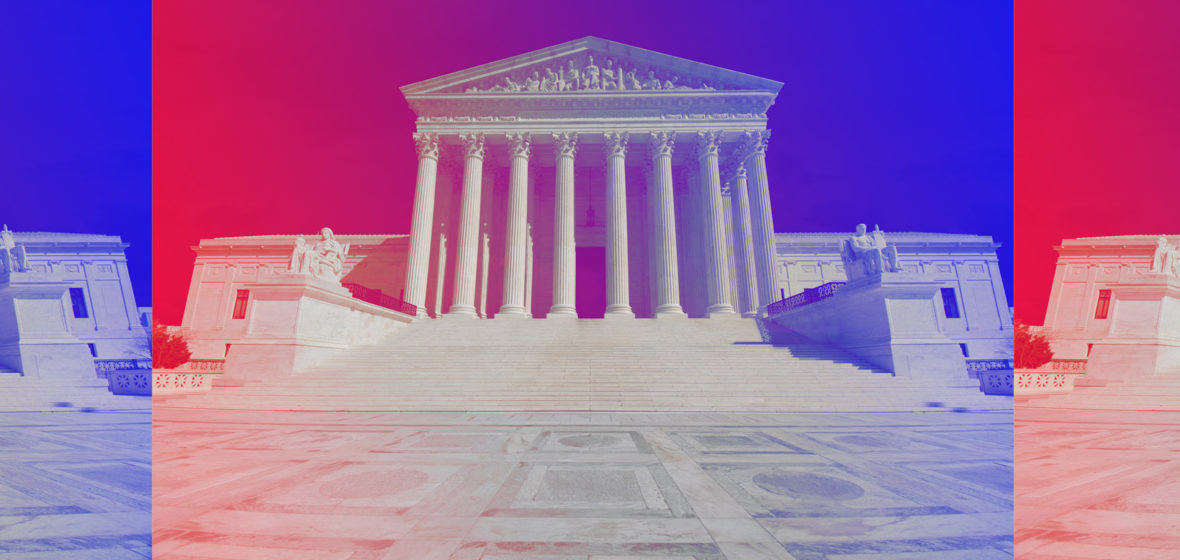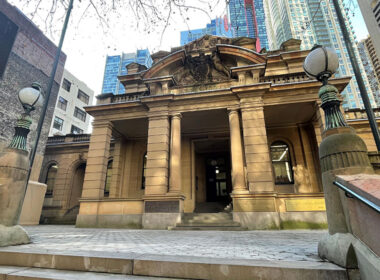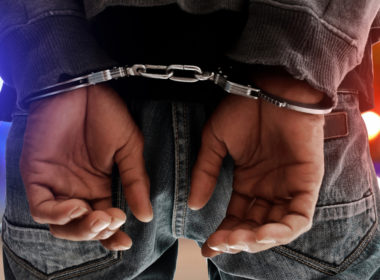It is a good thing that in Australia, this is not a matter for partisan political debate.
The US Supreme Court has overturned the decision Roe v Wade which granted women a constitutional right to abortion.
Writing on behalf of the 6:3 majority, Justice Samuel A. Alito Jr. said that the 1973 case Roe v Wade and subsequent cases affirming it were “egregiously wrong”, “exceptionally weak” and “an abuse of judicial authority”. The decision reverses nearly 50 years of precedent.
Justice Clarence Thomas, who voted to overturn Roe, indicated that he is also open to reconsidering precedents on contraception, same-sex marriage and consensual gay sex.
Justices Stephen Breyer, Sonia Sotomayor and Elena Kagan dissented, stating “young women today will come of age with fewer rights than their mothers and grandmothers”.
“With sorrow – for this Court, but more, for the many millions of American women who have today lost a fundamental constitutional protection – we dissent.”
In Roe v Wade, the Supreme Court found by a 7:2 majority that a woman’s right to terminate her pregnancy is protected by the constitution. The Fourteenth Amendment grants a fundamental right to privacy under its due process clause and the Supreme Court interpreted that to include a woman’s right to abortion.
Since overturning Roe, ten US Bstates have already enacted complete bans on abortion and five other states are expected to follow within the month. Missouri was the first state to enact a ban, making it an offence publishable by up to 15 years in prison. 19 states including California, Hawaii and New York have codified the right to abortion through legislation.
President Joe Biden condemned the Supreme Court’s decision, stating “It is a realization of extreme ideology and a tragic error”. US senator Elizabeth Warren called for additional justices to be appointed to the Supreme Court to balance out the conservative super-majority.
“They have burned whatever legitimacy they may still have had,” said Warren.
“They just took the last of it and set a torch to it.”
In Australia, politicians and lawyers have also voiced their criticism. Prime Minister Anthony Albanese called the decision “a setback for women and their right to control their own bodies and their lives in the United States”.
 Anthony Albanese, Prime Minister of Australia
Anthony Albanese, Prime Minister of Australia
President of the Law Society, Joanne van der Plaat said that irrespective of your position on abortion, “the decision is at the very heart of how fundamental rights are valued and treated by our governments and courts”.
“Here at home, it also underscores our responsibility as practitioners to help reinforce public confidence in the administration of justice,” said Plaat.
Dr Roni Sifris, Deputy Director at the Castan Centre for Human Rights Law said, “The decision will disproportionately affect the poorest and most vulnerable who are unable to travel to more liberal states to access abortion services”. He called it a regression to the times of “backyard abortions”.
“Abortion is a human rights issue and shouldn’t be recast as a states rights issue,” said Sifris.
“In Australia there is no ban on abortion. But we must remain vigilant against encroaches on women’s reproductive freedom.”
Dr Shelly Makleff, a research fellow at Monash School of Public Health and Preventative Medicine, echoed Sifris’ comments, however she said that the main issue in America would be a legal one.
“Unlike the time before Roe, we now have medical abortion as a safe option for self-management of abortion,” said Makleff.
“The risks for abortion seekers will increasingly be legal in nature in states that have criminalised abortion,” she said.
Several Australian politicians supported the decision including Victorian MP Bernie Finn and Queensland Liberal National party senator Matt Canavan who tweeted: “A wonderful day to protect human life.”
In Australia, abortion is protected at the state and territory level and there is no constitutional right to an abortion.
Abortion has been decriminalised in every state except Western Australia where it is regulated by the Criminal Code. NSW decriminalised abortion in 2019 with the Abortion Law Reform Act 2019.
Australian states and territories have different rules regarding how and when one can access an abortion. They vary in terms of costs, approval requirements and how many weeks of gestation a woman can be.
“We’ve got some really great national principles in place”, said Bonney Corbin, head of policy at Marie Stopes.
“But at the state and territory level, it’s a bit of a postcode lottery.”
Human Rights Law Centre associate legal director Adrianne Walters said that the overturning of Roe “demonstrates the need for vigilance here in Australia”.
Abortion rights protests will take place across the country this week, starting in Perth on Monday 27 June; Melbourne, Brisbane and Adelaide on Friday 1 July; and ending in Sydney, Canberra and Wollongong on Saturday 2 July.




